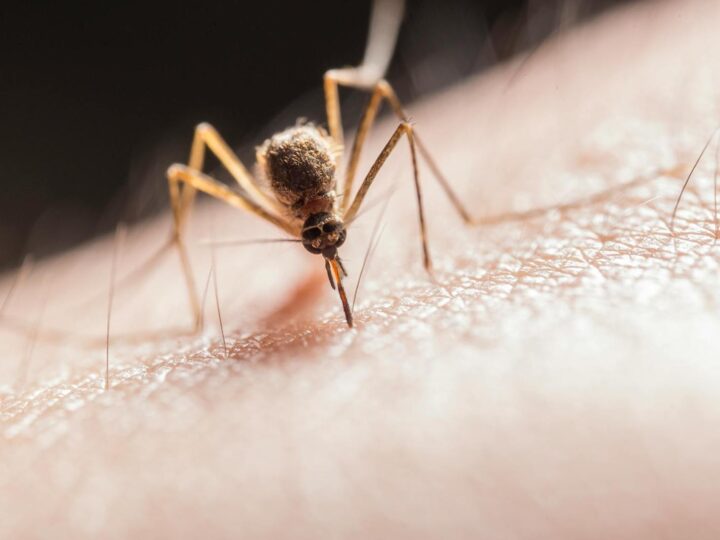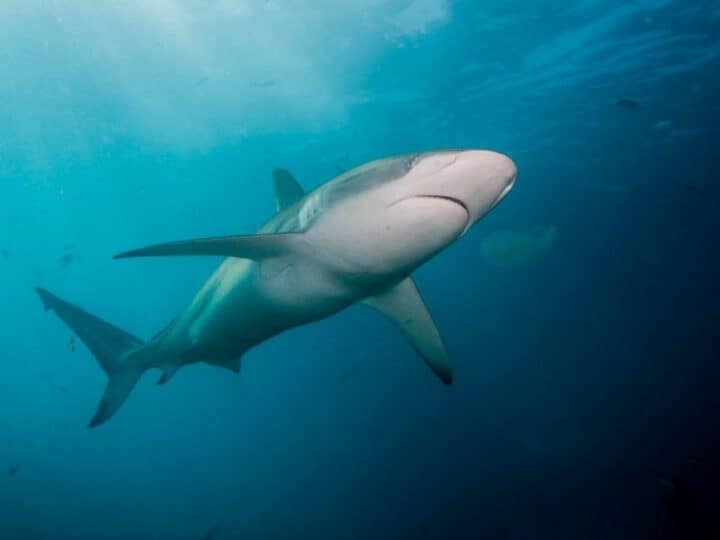Several marine fish species are swimming for shelter from hot water caused by climate change, but they’re not much better off for trying, according to researchers.
This information comes via a new study by Tel Aviv University’s School of Zoology, in collaboration with scientists from around the world.
The research, which analyzed data from nearly 150 fish species across the Atlantic and Pacific Oceans in the Northern Hemisphere, found a concerning trend: the fish that are making for cooler waters are also dying as they make the trip.
While researchers initially anticipated that fish moving quickly towards cooler regions would experience improved conditions or at least maintain stable populations, the study’s findings revealed the opposite effect: as these fish migrated towards the poles at an average rate of 17 kilometers per year, their populations significantly declined.
“We know that climate change causes animal species to move – northward, southward, upwards, or downwards – according to their location relative to cooler regions. In the mountains they climb upwards, in the oceans they dive deeper, in the Southern Hemisphere they move south toward Antarctica, and in the Northern Hemisphere they move north toward the North Pole,” explained study co-head Prof. Jonathan Belmaker.
“In the present study we wanted to see what happens to species that move from one place to another: do they benefit by increased survivability, or are they in fact harmed by the shift – which was initially caused by greater vulnerability to climate change? We found that the faster fish shift toward the poles, the faster their abundance declines. Apparently, it is difficult for these populations to adapt to their new surroundings,” he concluded.
The study highlights the vulnerability of these fish species to climate change and emphasizes the need for close monitoring and conservation efforts.
The implications of these findings are significant for environmental policymakers. The study suggests a reevaluation of the conservation status of various species and populations, with a focus on monitoring and managing those exhibiting rapid poleward range shifts. Measures such as fishing limits could help mitigate the pressures threatening their survival.
Looking ahead, Belmaker indicated that further research will delve into the causal relationship between rapid range shifts and population decline in additional marine species beyond fish.
“The common belief is that rapid range shifts safeguard a species against local population decline. But in this study, we found that the opposite is true,” Belmaker said. “Apparently, species rapidly shifting their range in search of cooler temperatures do so because they are more vulnerable to climate change, and consequently require special attention.”

















